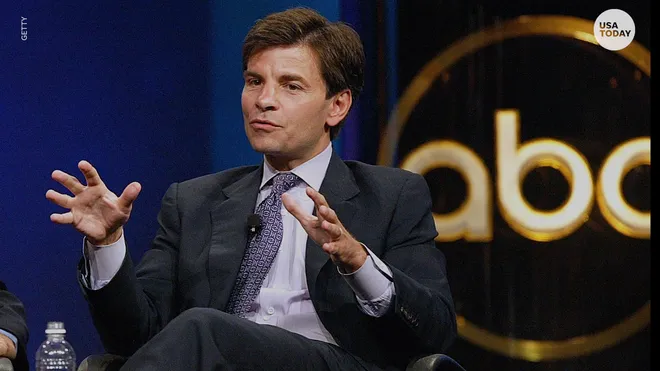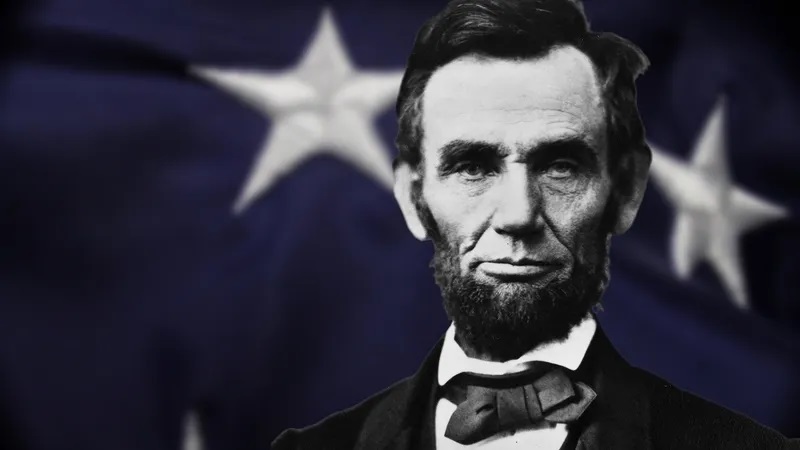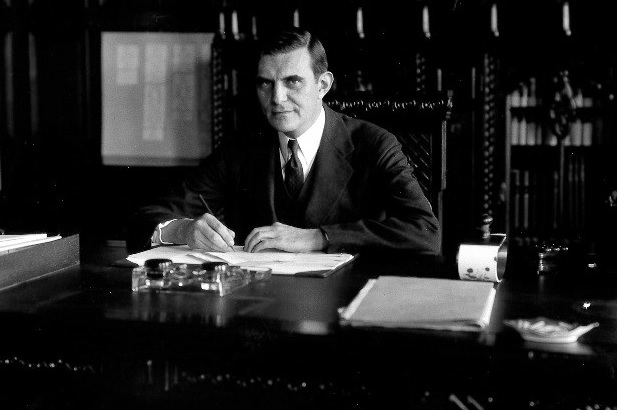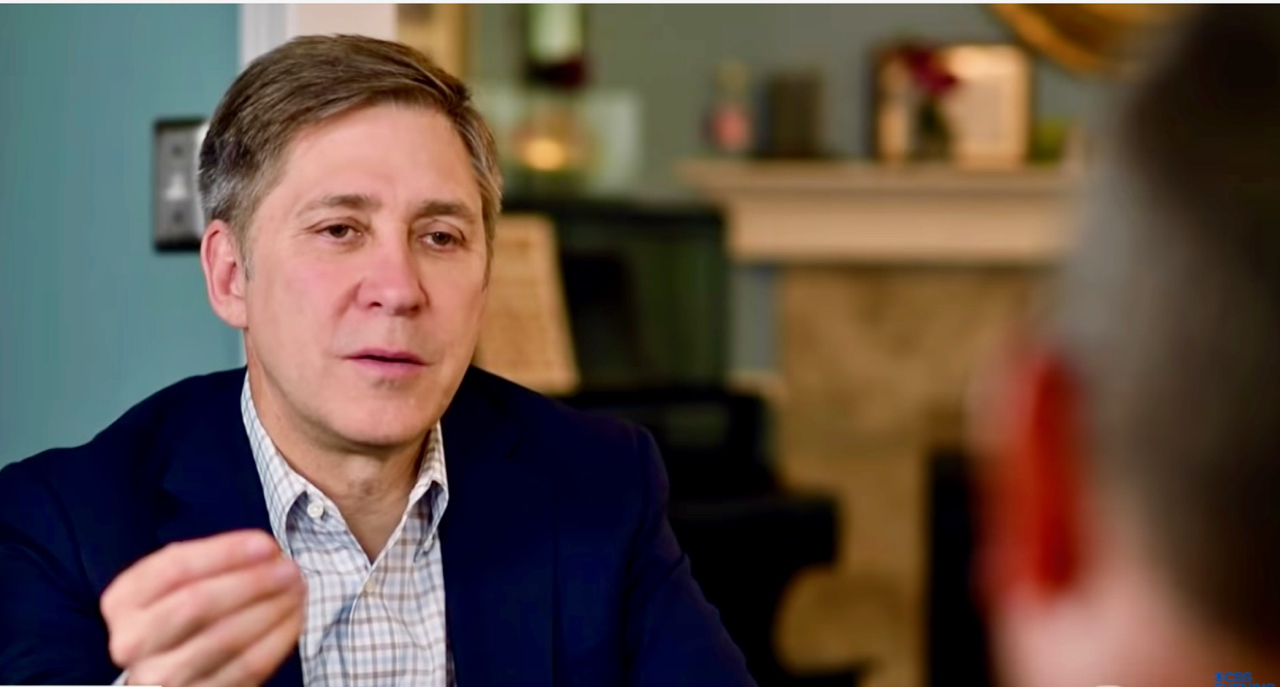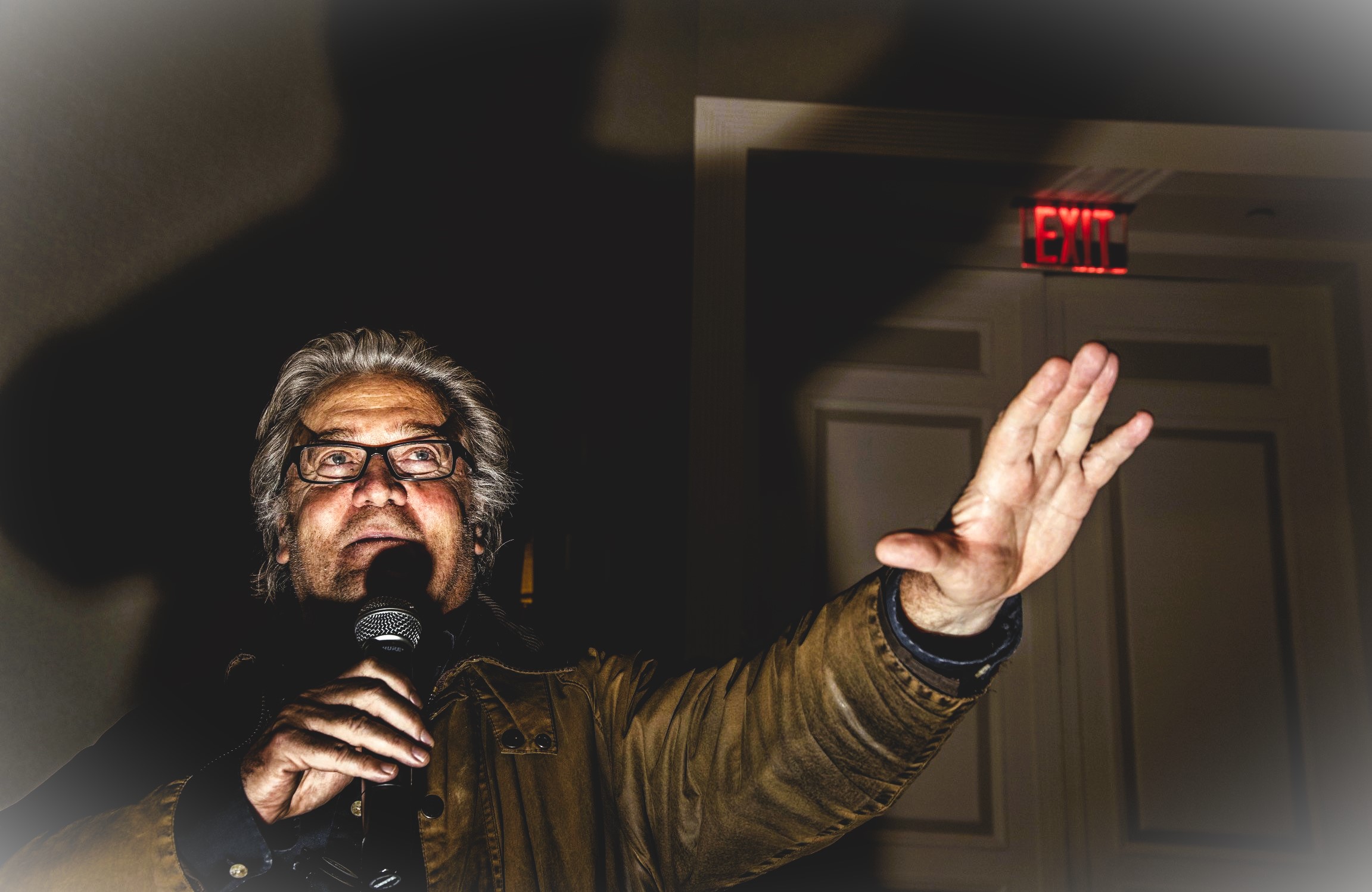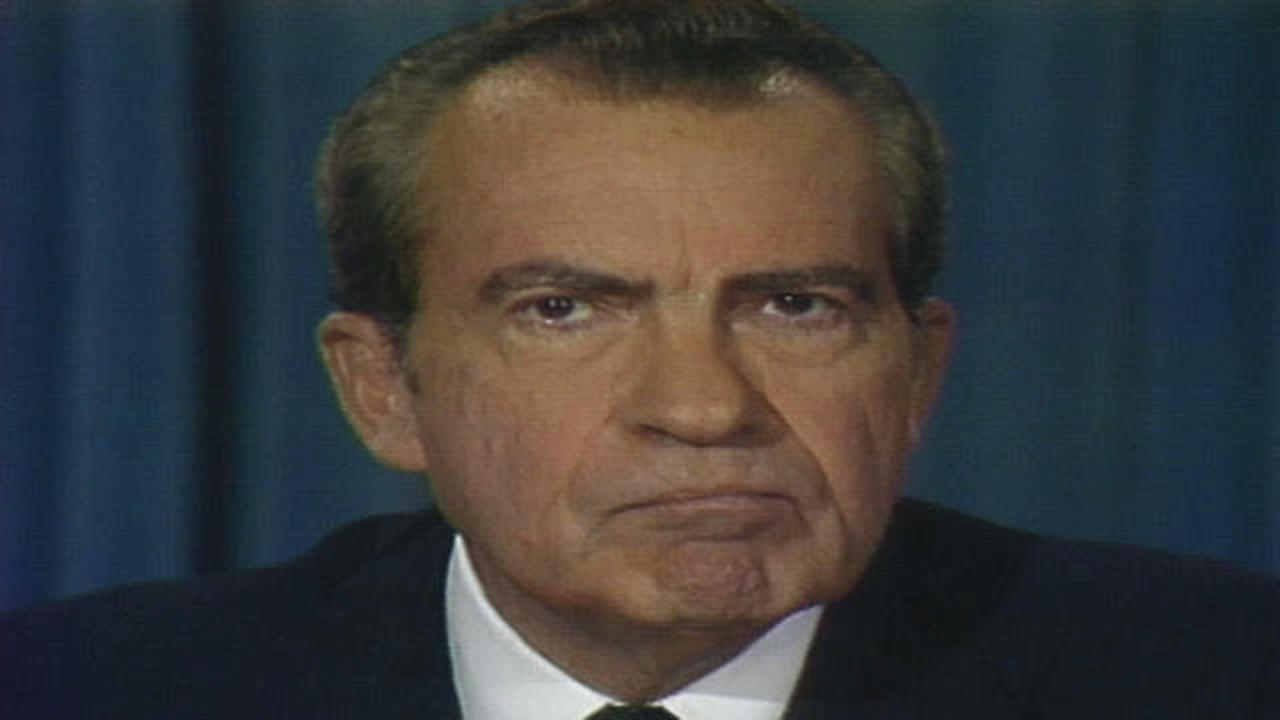While former Penn State assistant football Coach Jerry Sandusky was convicted last month of sexual assault against 10 young boys over approximately ten years, we have now learned that Penn State’s President Graham Spanier, Vice-President Gary Schultz, Athletic Director Tim Curley and Head Coach Joe Paterno all knew of Sandusky’s behavior and did nothing to stop it.
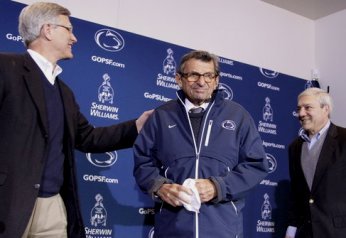
In a scathing, 267-page report based on an eight-month investigation, former FBI Director Louis Freeh identified a “telling” incident in 2000 in which a University janitor observed Sandusky performing oral sex on a young boy in the football locker room. While shocked, after talking of the incident to other janitors, he refrained from reporting the incident for fear of his job and that of his colleagues. “They’ll get rid of us all,” the janitor told investigators.
This was due, in large part, Freeh says to the culture at Penn State.
On November 2, 2005 I was in a car from the airport to the campus to speak before The Penn State Forum – a group of students, faculty, board members and administrators – the following afternoon. Nearing the entrance for the first time, I was overwhelmed by a gigantic stadium.
“What pro team lives here?” I foolishly asked my driver.
“This is Penn State, my friend,” came the reply.
While I was there to give a talk, it was also a football weekend and there were more private planes at the small, local airport than celebrities at The Betty Ford Center. Football was both a passion and addiction at Penn State. Students slept for days outside in order to get a chance at a good seat. Homeowners in the area would buy groceries days ahead and stay inside because all roads leading into Beaver Stadium – the House that Paterno Built – were shut down in advance.
The Freeh Report paints a picture of a major university’s culture completely overwhelmed by football to such an extent that Joe Paterno could pretty much control any issue that had to do with football, staff as well as his student-players. However, as Freeh points out, “The facts are the facts… [and Joe Paterno] was an integral part of the act to conceal.”
In February 2001, assistant Coach Mike McQueary observes Sandusky assaulting another child in the shower. McQueary reports the incident to Paterno. Paterno’s response: “You did what you had to do. It’s my job to figure out what we want to do.”
Over the course of several days, no one notifies the police; no one confronts Sandusky.
After a meeting between Curley, Spanier and Schultz, the plan was to tell Sandusky, “We feel there is a problem” and offer him “professional help.” “If he is cooperative,” Curley says, “we would work with him to handle informing” the Second Mile program that Sandusky set-up to help at-risk kids. If he does not cooperate, “we don’t have a choice and will inform” DPW and Second Mile.
In what I can only characterize as an astonishingly self-protective message, President Spanier e-mails Schultz and Curley: “This approach is acceptable to me. The only downside for us is if the message isn’t ‘heard’ and acted upon, and then we become vulnerable for not having reported it. But that can be assessed down the road. The approach you outline is humane and a reasonable way to proceed.”
Sadly, this is a familiar and faulty strategy by organizations that enjoy a special kind of stature, and, in the case of Penn State, a hugely successful football team feeds that stature.
First, Deny: “It can’t happen here.”
Next, Delay: “Well, it’s a one-time event. We can fix it on our own.”
After several more incidents, Cover-up: Loyalty to the University’s reputation trumps the honesty of exposing a serial pedophile.
The simple fact remains that Sandusky should have been reported to police after the first incident and suspended from the Penn State grounds until the issue was resolved.
So, what has to change?
Among the more than 100 recommendations made by The Freeh Report one section addresses “The Culture.”
“Certain aspects of the community culture are laudable, such as its collegiality, high standards of educational excellence and research, and respect for the environment. However,” the report continues,” there is an overemphasis on ‘The Penn State Way’ as an approach to decision-making, a resistance to seeking outside perspectives, and an excessive focus on athletics that can, if not recognized, negatively impact the University’s reputation as a progressive institution.
“University administration and the Board should consider taking the following actions…[among them are the need to] reinforce the commitment of all University members to protect the children; create a stronger sense of accountability among the University’s leadership; establish values and ethics-based decision-making and adherence to the Penn State Principles…; promote transparency; appoint an Ethics Officer; establish an ‘Ethics Council’; communicate regularly with University students, faculty, staff, alumni and the community regarding significant University policies…; emphasize and practice openness and transparency at all levels and within all areas of the University.”
Late on the morning of November 3, 2005 I’m walking fromThe Penn Stater – the five-star, on-campus hotel for visitors – to the hall where I’m due to give my talk.
“You’re doing great, Jim!” my host tells me as I walk inside to a full house. “You’ve out-drawn last month’s speaker!”
“Who was that?” I asked.
“Former U.S. Attorney General Dick Thornburg.”
Sitting next to me at lunch was a gentleman who apologized for coming late and began talking to me about the importance of ethics throughout the university. He seemed sincere and deeply committed to maintain the ethical constituency of a school whose reputation was outstanding due, in no small part, to Coach Joe Paterno. Having no idea who this official was, I introduce myself and ask his name.
“I’m Graham Spanier,” he smiles. “I’m Penn State’s president.”
“Ethics,” I point out during the talk, “is having the character and the courage to do the right thing even when it costs more than you really want to pay.” It’s a definition given me by my own teacher Michael Josephson.
In reading The Freeh Report it became apparent that Spanier, Curley, Schultz and even the much revered Joe Paterno – all were unwilling to pay the cost of any short-term damage to the University’s reputation than do the right thing.
Penn State can survive this scandal. They can regain their honor as a University and a leader in their community as well as the country, BUT… they have to take some very hard and decisive steps.
However, there’s another lesson here for other Universities, colleges, schools – any and all organizations, and it’s this: take a good, hard look at your own culture. Look specifically for ways to be more open, transparent, and respectful as well as being creative, innovative and financially astute.
While it was 19th century politician and writer Lord Acton who famously expressed his thoughts about the corrupting influence of power, there is another Acton quote that best exemplifies the past actions taken by Penn State’s top officials – wisdom for ANY organization who thinks it can’t happen to them.
“A wise person does at once, what a fool does at last. Both do the same thing; only at different times.”
Comments
